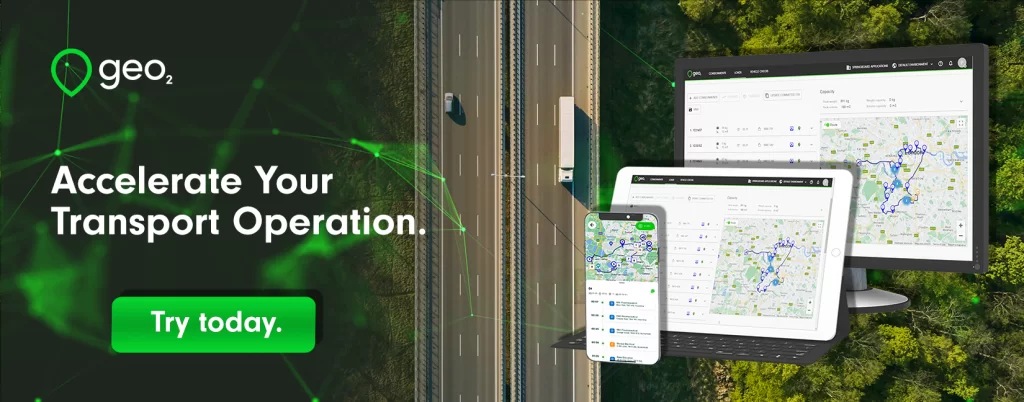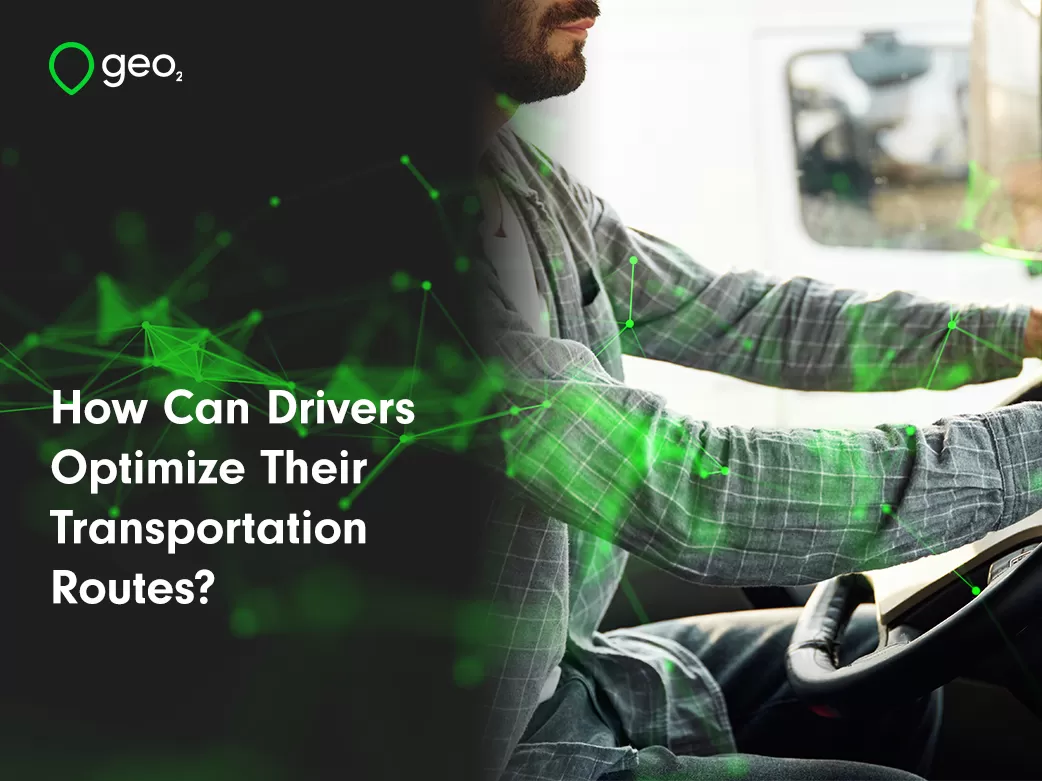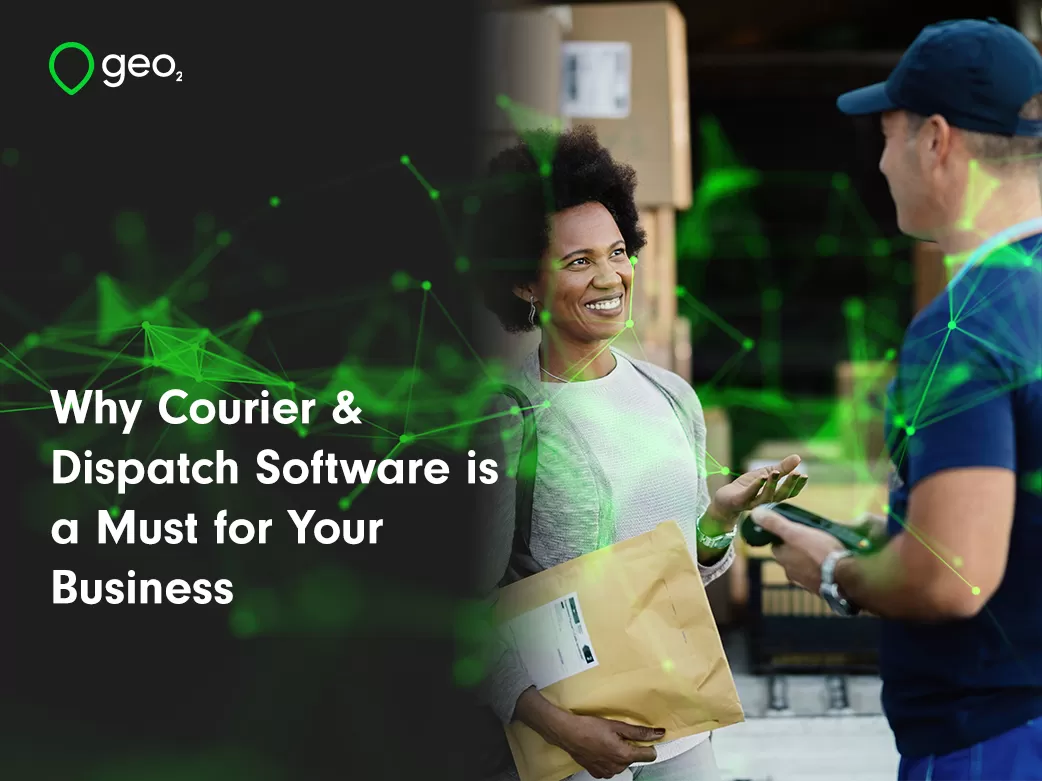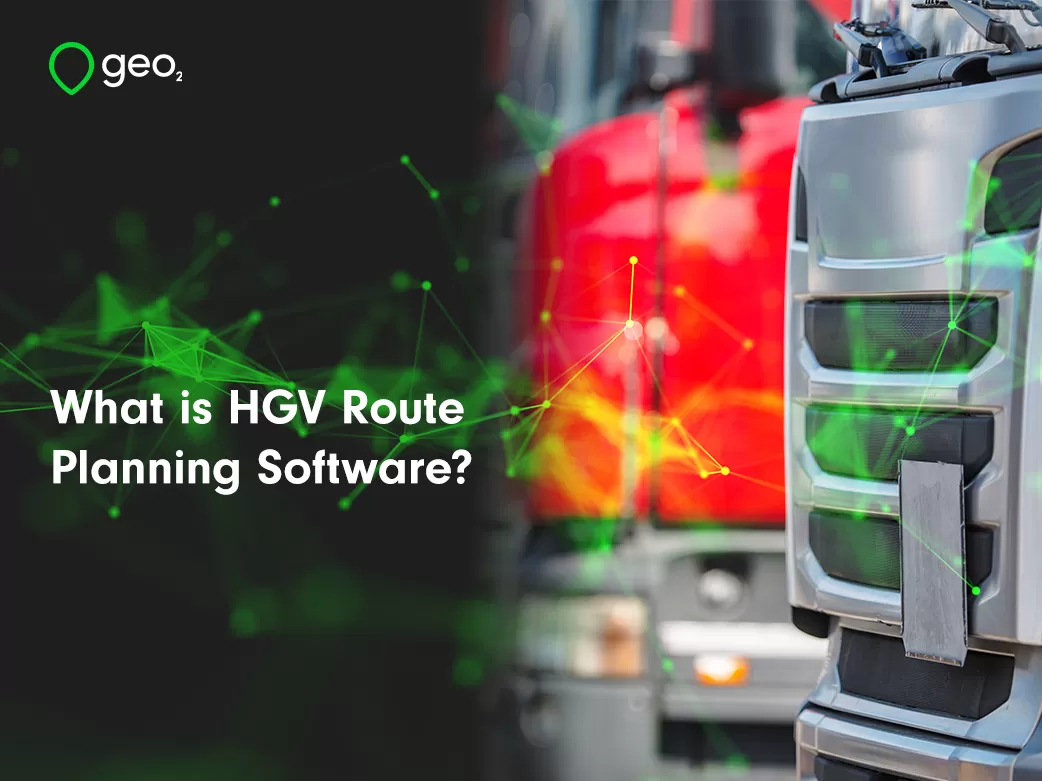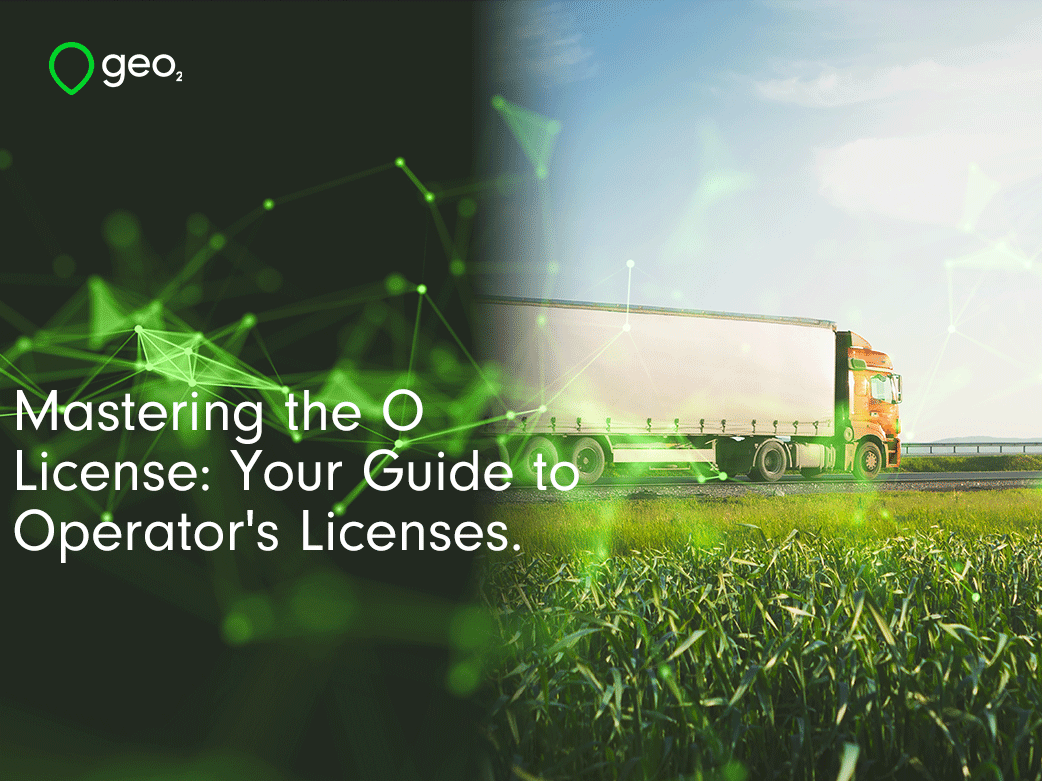
Mastering the O License: Your Guide to Operator's Licenses.
Starting a business as an HGV driver or courier might seem daunting, but obtaining the right licenses can make your path smoother. One crucial license you need to know about is the O license. This comprehensive guide will walk you through what it is, how to get it, and why it’s vital for your business.
Table of Contents.
What is an O License?
An O license, or Operator’s License, is a permit required for businesses that operate commercial vehicles in Great Britain. It ensures that drivers and companies meet safety and environmental standards while carrying goods. Without this license, your business could face legal consequences and hefty fines.
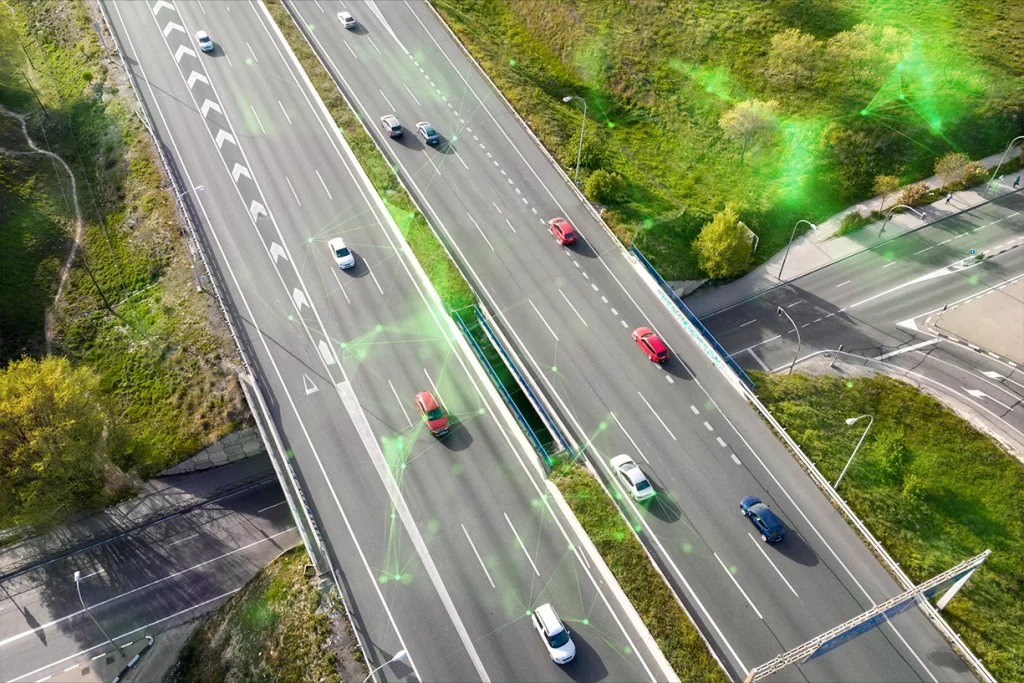
Why You Need an O License.
Whether you’re a startup, an HGV driver, or a courier driver, having the correct license and training is essential. The O license not only legitimizes your operations but also builds trust with clients. It demonstrates that you are committed to maintaining high standards of safety and efficiency in your services.
Table of Contents.
Types of Operator's Licenses.
There are several types of O licenses, each catering to different needs:
- Standard National License: Allows you to carry your own goods and other people’s goods within Great Britain.
- Standard International License: Permits carrying goods both within Great Britain and on international journeys.
- Restricted License: Suitable for businesses that only carry their own goods.

How to Apply for an O License.
Applying for an O license involves several steps. First, you’ll need to determine which type of license suits your business needs. Then, gather all necessary documents, including proof of financial standing and a Certificate of Professional Competence (CPC). Submit your application to the traffic commissioner, who will review it before approval.
Required Documentation.
To ensure a smooth application process, prepare the following documents:
- Certificate of Professional Competence (CPC).
- Proof of financial standing.
- Details of proposed operating centers.
Understanding Gross Plated Weight and Unladen Weight.
When applying for an O license, understanding terms like gross plated weight and unladen weight is crucial. Gross plated weight is the maximum weight a vehicle can carry, including its own weight, passengers, and cargo. Unladen weight refers to the weight of the vehicle itself without any cargo or passengers.
Traffic Commissioner’s Role.
The traffic commissioner plays a pivotal role in the O license application process. They ensure that applicants meet all safety and environmental standards. Regular inspections and audits are conducted to maintain compliance.
Operating Centers and Their Importance.
An operating center is where your vehicles are normally kept when not in use. The location and suitability of your operating centers are critical factors in the approval process. Ensure that your proposed operating centers meet all regulatory requirements.

Carrying Goods for Hire or Reward.
If your business involves carrying goods for other people, you’ll need a standard or international license. These licenses allow you to transport people’s goods legally and safely.
Training and Qualifications.
Having the correct license and training is non-negotiable. All drivers must possess a CPC, and businesses should ensure that their transport manager is qualified. This ensures compliance with all regulatory standards and enhances your service quality.
Exemptions and Special Cases.
Not all vehicles require an O license. For instance, if your vehicle’s gross weight does not exceed 3,500 kilograms, you might be exempt. However, always double-check the specific requirements for your vehicle type and operational scope.
Costs Involved.
Obtaining an O license involves several costs, including application fees, maintenance costs, and training expenses. Budgeting for these expenses ensures that you’re financially prepared for the entire process.
Benefits of Having an O License.
Beyond legal compliance, having an O license offers numerous benefits. It enhances your credibility, improves safety standards, and opens opportunities for expanding your business both nationally and internationally.
Conclusion.
Navigating the complexities of obtaining an O license can be challenging, but it’s a crucial step for any business operating commercial vehicles. By understanding the requirements, preparing the necessary documentation, and undergoing the correct training, you can ensure a smooth application process. Start your application today and take the first step towards a compliant and successful business operation.
